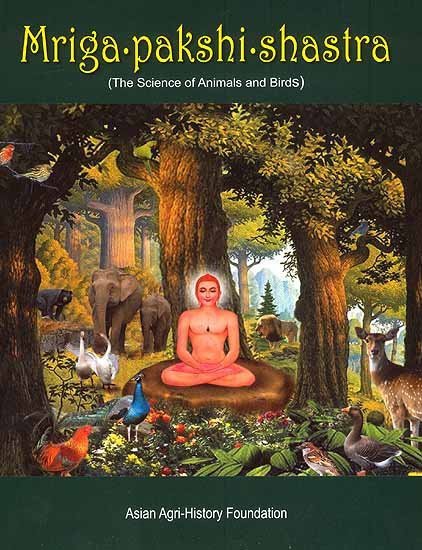Animal Kingdom (Tiryak) in Epics
by Saranya P.S | 2019 | 51,616 words | ISBN-10: 8190396315 | ISBN-13: 9788190396318
An English study the Animal Kingdom (Tiryak) in Epics.—The present thesis is based entirely on Ramayana and Mahabharata although an attempt is made to analytically compare the Animal kingdom with Mriga-pakshi-shastra—‘The ancient Indian science of of Animals and Birds’....
Chapter 1.8 - Myth and psychology
Sigmund Freud, the Austrian psychiatrist (1856-1939) considered myth in a psychological viewpoint. He matched it with the concept of Oedipus complex. Oedipus refers to a 5th-century BC Greek mythol-ogical character Oedipus, who unwittingly kills his father, Louis, and marries his mother, Jocasta. A play based on the myth, Oedipus Rex, was written by Sophocles, around 429 BC.
In his book The Interpretation of Dreams first published in 1899, Freud proposed that an oedipal desire is a universal, psychological phenomenon innate to human beings, and the cause of much unconscious guilt. He based this on his analysis of his feelings attending the play, his anecdotal observations of neurotic or normal children, and on the fact that Oedipus Rex was effective on both ancient and modern audiences.
However, in The Interpretation of Dreams, Freud makes it clear that the "primordial urges and fears" that are his concern and the basis of the Oedipal complex are inherent in the myths the play by Sophocles is based on, not primarily in the play itself, which Freud refers to as a "further modification of the legend" that originates in a "misconceived secondary revision of the material, which has sought to exploit it for theological purposes". Freud described the character Oedipus: His destiny moves us only because it might have been ours because the Oracle laid the same curse upon us before our birth as upon him. It is the fate of all of us, perhaps, to direct our first sexual impulse towards our mother and our first hatred and our first murderous wish against our father. Our dreams convince us that this is so. Freud thinks that such a complex is present in all humans, in their dreams, myths, fairy tales and even jokes. To him myths are distorted wish dreams of people.
Freud stated that in primitive societies, children often revolted against their fathers and even some of them killed their fathers, and took their wives for themselves. The importance of Freud’s findings lies in his views that the formation of mythic concepts does not depend on the history of culture.6
Myths exist everywhere in the world. They are considered to be a basic constituent of human culture. Because their varieties are so great, it is difficult to generalize their nature. It is very clear that in their general characteristics and in their details, myths express, explore and reflect the people’s self-image.
